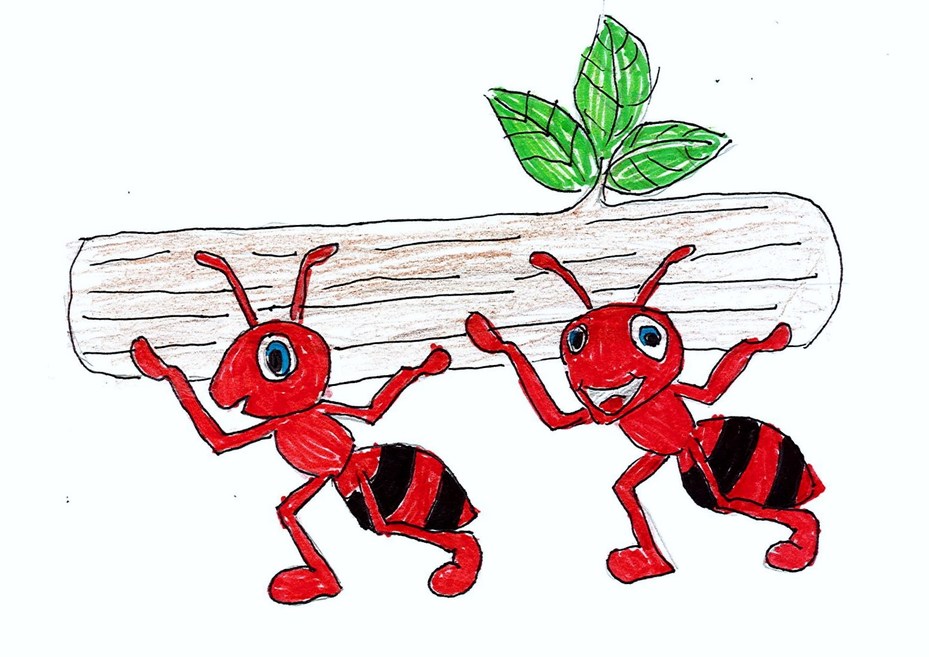Building Learning Power
We want the children at Sedgefield Primary to believe that they can continually develop their capacity to learn throughout their lives. We are all learners every day of our lives, it’s just that sometimes in our busy schedules we can lose sight of this wonderful capacity, worse still we can take it for granted and then assume that our children will just "pick it up"!
Research, however, suggests that there are several dispositions that we need to develop in order to become successful lifelong learners.
Resilience <><><> Resourcefulness <><><> Reflectiveness <><><> Reciprocity
…THE 4 R’s
These dispositions are inherent in us all. They are not fixed at birth, or when we leave school; they can be developed by everyone regardless of “ability”, social background or age. In fact, ...there are NO limits to extending our learning power!
We can think of these dispositions as being like groups of "learning muscles". Just as we can build our physical muscles with the right kinds of exercise, so we can exercise our learning muscles to develop their strength and stamina. Each of these dispositions is made up of a number of learning behaviours, which are called capacities. Because the learning capacities are quite specific in nature, they can be individually trained, nurtured and exercised.
|
RESILIENCE |
RESOURCEFULNESS being ready, willing and able to LEARN IN DIFFERENT WAYS |
|
Absorption: we become engrossed in what we are doing; we are unaware of time passing Resilient Rhino designed by Elizabeth Haley Resilient Rhino teaches us Resilience, so we are learning to persevere; even if our work is difficult we do not give up! We learn it is OK to get things wrong; we take risks and we manage all of the distractions around us. |
Questioning: you are curious about things and people, you often wonder why, you play with ideas, asking "How come?" and "What if?" Busy Beaver designed by Lucas Little Busy Beaver teaches us Resourcefulness, so we are learning that lots of things in our classroom can help us (classroom displays, dictionary, etc.). We learn to be more independent and think for ourselves, rather than relying on the teacher all of the time to help us. We also question things, imagine and make links in our learning. |
| REFLECTIVENESS being ready, willing and able to become MORE STRATEGIC ABOUT LEARNING |
RECIPROCITY being ready, willing and able to LEARN ALONE AND WITH OTHERS |
|
Planning: we think about what we want to get out of learning, we plan the steps we might take, we access the resources we may need Tortoise designed by Charlie Bowman Tortoise teaches us Reflectiveness, so we learn how to slow down and think about our work. We redraft our writing and check it all makes sense. We self assess our work and we talk about how we could make it better. |
Interdependence: we know how much interaction we need with others to assist our learning, we make informed choices about working on our own or with others Collaboration: we manage our feelings when working with others, we understand the ground rules of team work, we are able to work effectively as part of a pair or team Team Ant designed by Abbie Coulson Team Ant teaches us Reciprocity. That sometimes means working alone, but sometimes means collaborating with others. We know we can learn from each other. |




